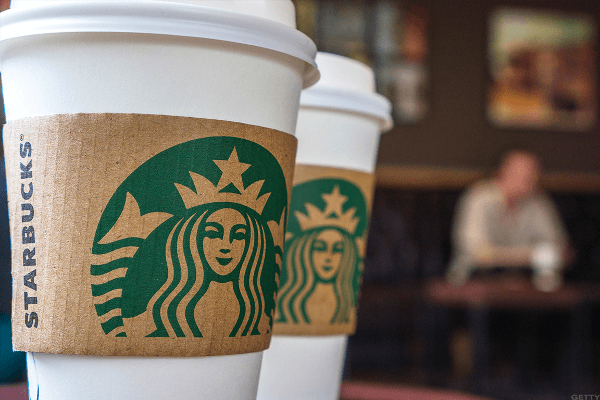The company has been under fierce scrutiny since April, when two black men were wrongly accused and arrested for “trespassing” on a store in Philadelphia. The incident sparked mass public outrage and a subsequent PR crisis for Starbucks.
Now in damage control, the company believes training more than 175,000 staff to rewire their thinking and fight common assumptions will ensure a situation like that never arises again.
The sessions will go for four hours, and include a presentation from rapper, Common. A course outline released by Starbucks reports that employees will watch a series of videos, fill out a curated activity book, and talk through their experiences in small groups. The workshops will also include a history refresh on American civil rights through to the present day.
Executive vice president Rossann Williams acknowledged it was only the start of “a long-term journey” to make Starbucks “welcoming and safe for all”.
“May 29 isn’t a solution, it’s a first step,” he said. “Our hope is that these learning sessions and discussions will make a difference within and beyond our stores.”
Certainly the swiftness of Starbucks’ response gives pause to consider whether some Australian companies should be doing the same.
Last month an Optus shopfront in Sydney’s prestigious Lower North Shore, came under fire for listing a discriminatory job advertisement. The ad posted on SEEK asked for preferred candidates ‘who are Anglo Saxon and live near to Neutral Bay’.
Human resources vice president Vaughan Paul responded to the situation saying the company condemned the action of the store manager responsible. “Optus proudly supports diversity and employs staff representing more than 70 nationalities,” he told SBS News, adding that disciplinary action would take place.
While this incident doesn’t necessarily imply a broader cultural problem exists at Optus, it does suggest that anti-discrimination and unconscious bias training for staff wouldn’t go astray. It certainly would have saved the company a whole lot of media grief.
Unconscious bias is universal. Everyone, at some point, is susceptible, but that’s not to say it shouldn’t be addressed. Being aware of latent biases, can help individuals to recognise them and change typical behaviours.
But, as Calvin K. Lai Assistant Professor of Psychological and Brain Sciences, at Washington University identified in an article for The Conversation recently, organisations need to go beyond sporadic training to achieve real cut-through on this issue.
“Discrimination has other causes that aren’t fully dealt with in this kind of training, such as explicit prejudice or policies that have disparate impacts on people of different races,” Lai noted. “Effective solutions will require multiple approaches to addressing discrimination, not just one.”
Starbucks has taken the right first step, but a lot more is required to shift the dial and achieve meaningful change. The same applies for a number of Australian companies.


